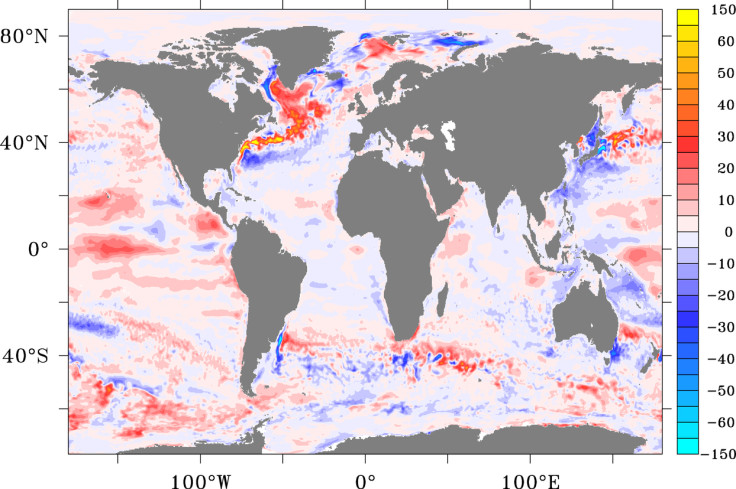Global warming: It takes 10 years for CO2 to heat atmosphere, but three oceans pause the effect

Research by Stanford scientists shows that CO2 can push up the temperature to peak heat within a decade of being emitted and the effects can linger for 100 years or more.
Given its rapid effects of global warming, those who are working on reducing CO2 emissions would benefit, the researchers noted.
The difference for an economist or a policymaker between something that happens 10 years from now or 40 years from now is a big deal.
Katherine Ricke, a researcher at Stanford and her collaborator Ken Caldeira, created 6,000 projections using advanced climate models, to test when CO2 emissions increased warming and to to check for how long those impacts lasted, reports Climate Central.
"The way we talk about climate change is often, 'oh, we're really making emissions cuts for the sake of our children or grandchildren because the effects won't be felt for decades. But the implications are that there's certainly benefits that can be reaped by people making decisions today," Ricke said.
The research was published on Wednesday in Environmental Research Letters.
Heat uptake by oceans increase
Meanwhile, in yet another explanation for the decade-long pause in global surface warming, scientists from the University of Southampton have cited increased heat uptake by the northern North Atlantic, the Southern Ocean and Equatorial Pacific Ocean.
Earlier, the drawdown of heat by the Equatorial Pacific Ocean due to cool sea-surface temperatures brought by La Nina episodes was explained as the reason for the hiatus.

They calculated the change in the amount of heat entering the ocean using state-of-the-art high resolution ocean model.
Volcanoes have helped cause a dip in warming, a recent study says, while another placed it at the Atlantic ocean's heat uptake.
Climate fluctuations like El Nino and solar irradiance have also been propped as possible reasons.
© Copyright IBTimes 2025. All rights reserved.





















